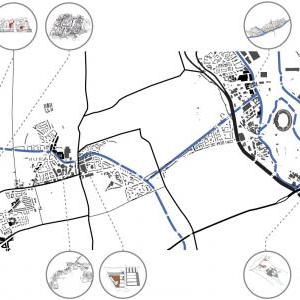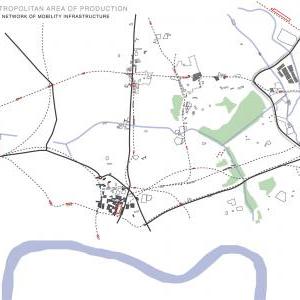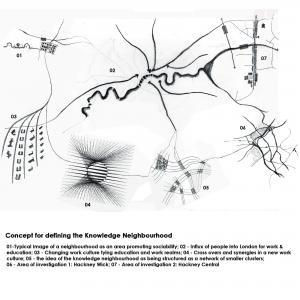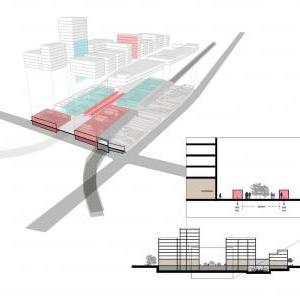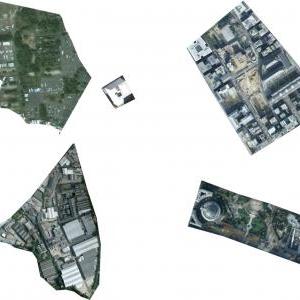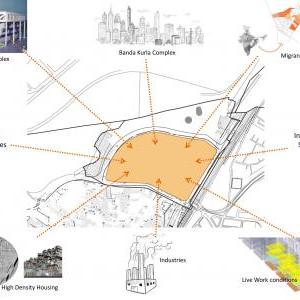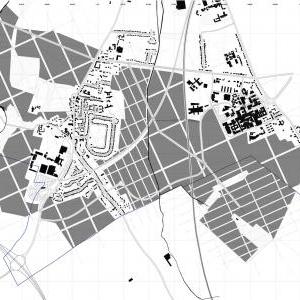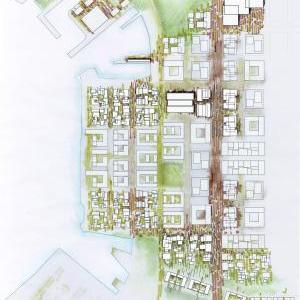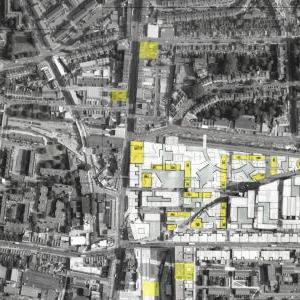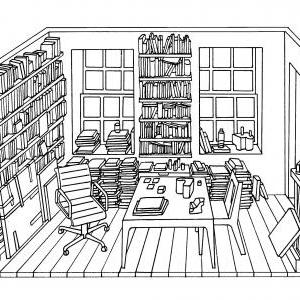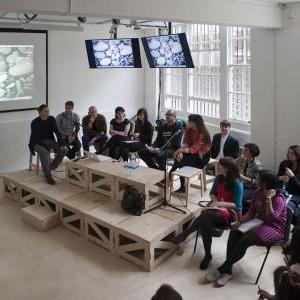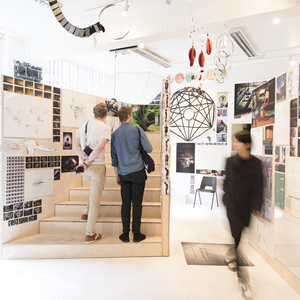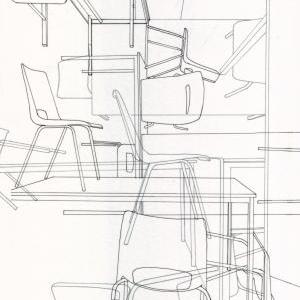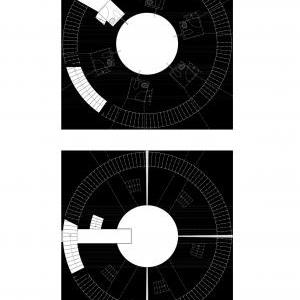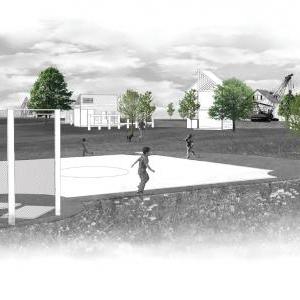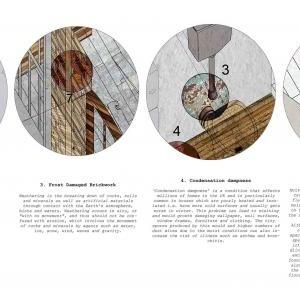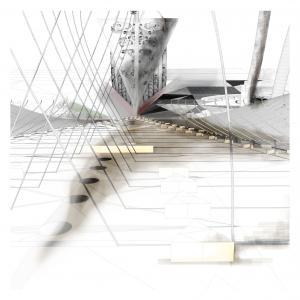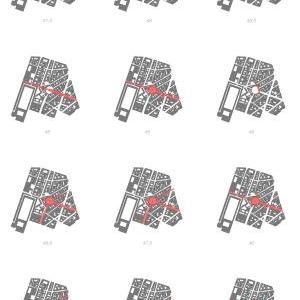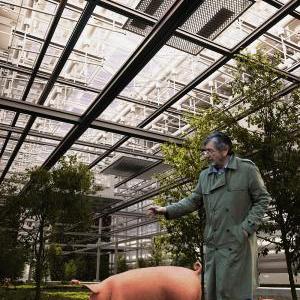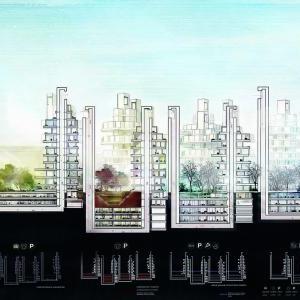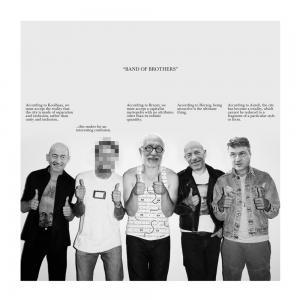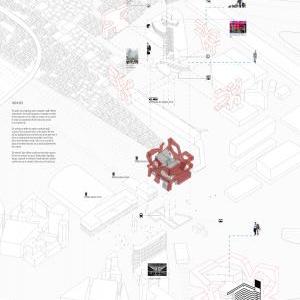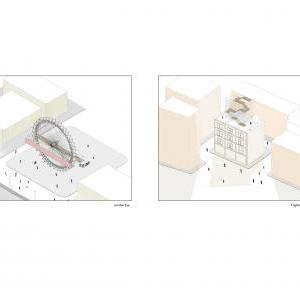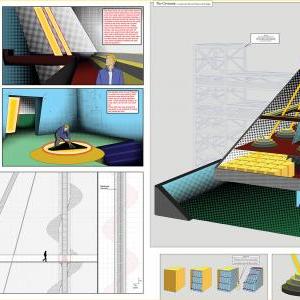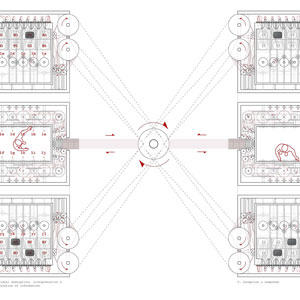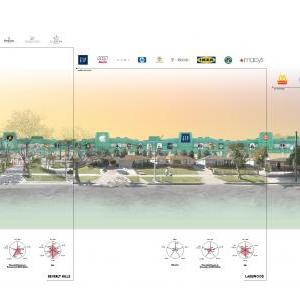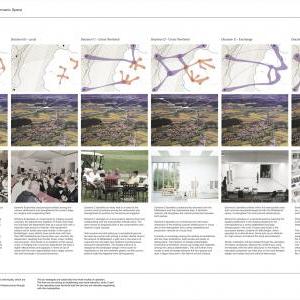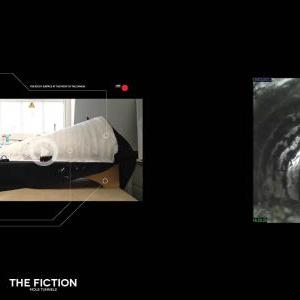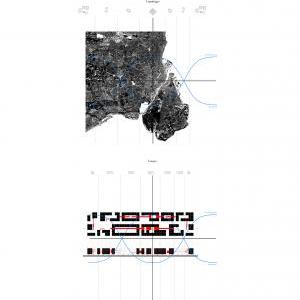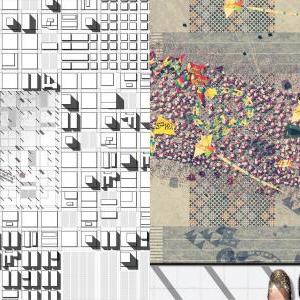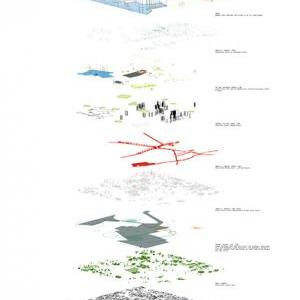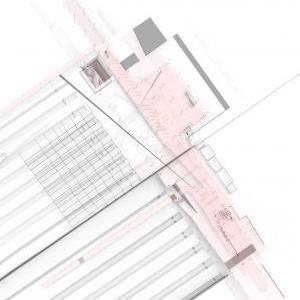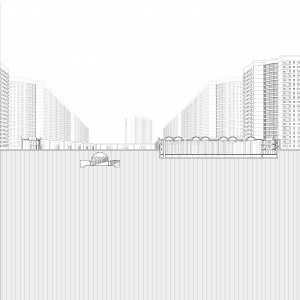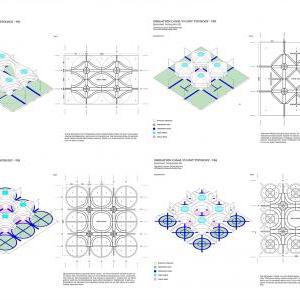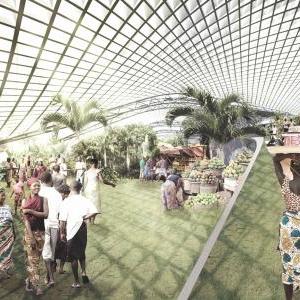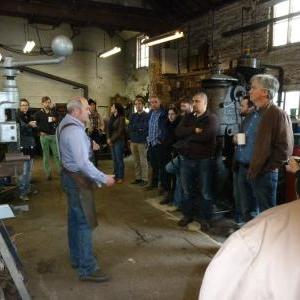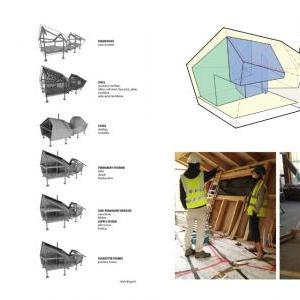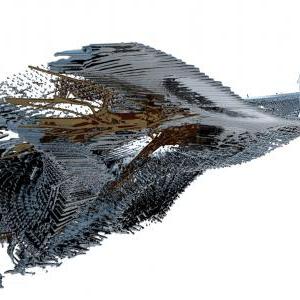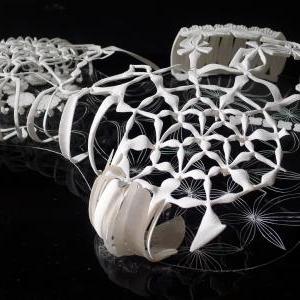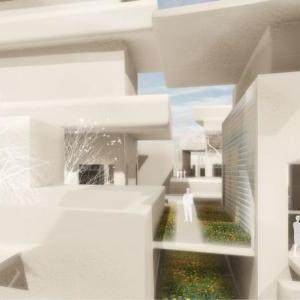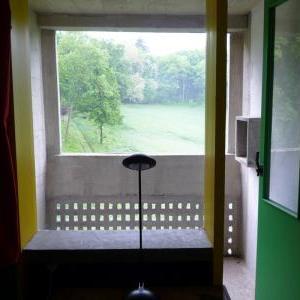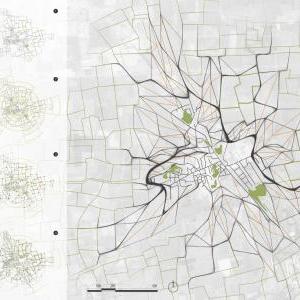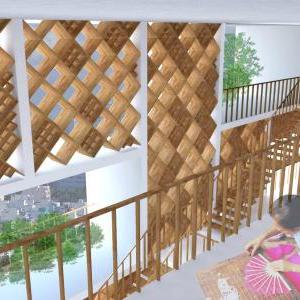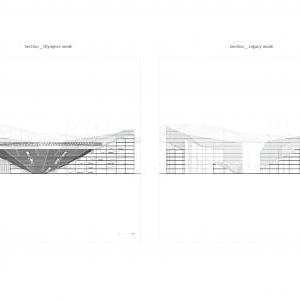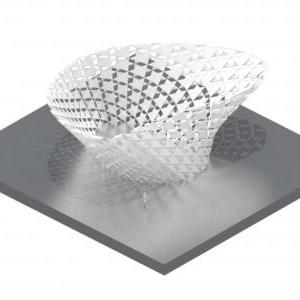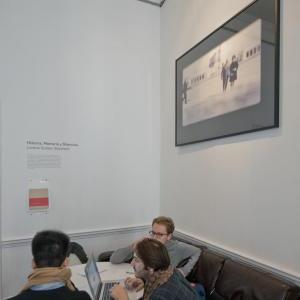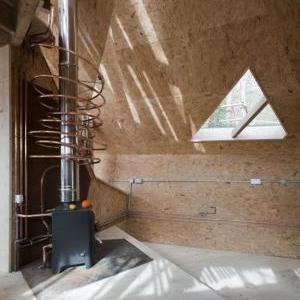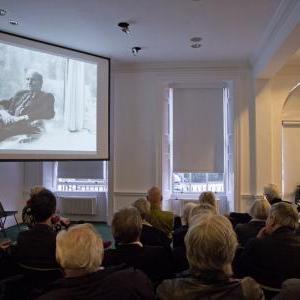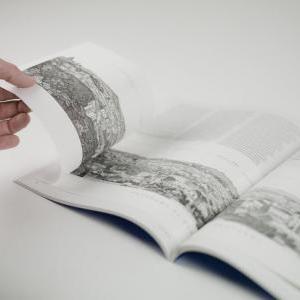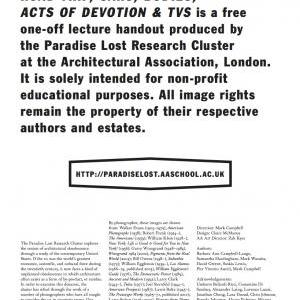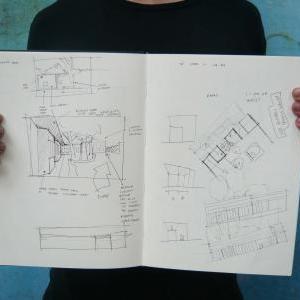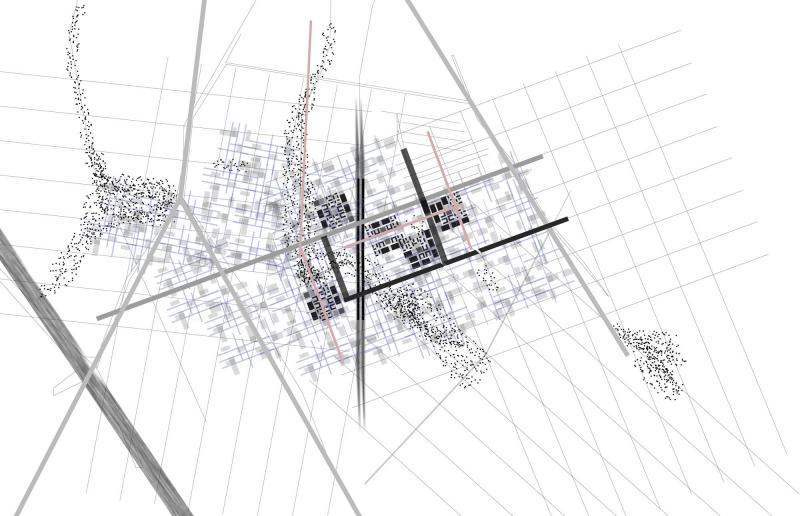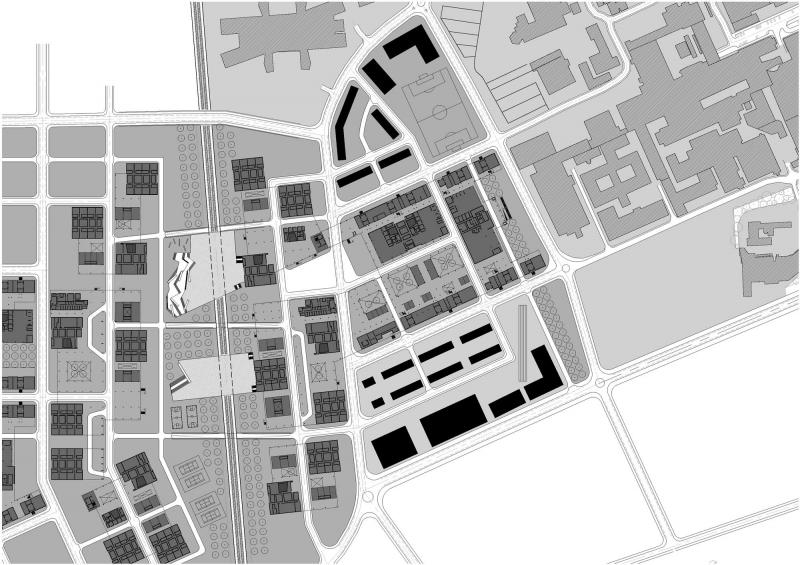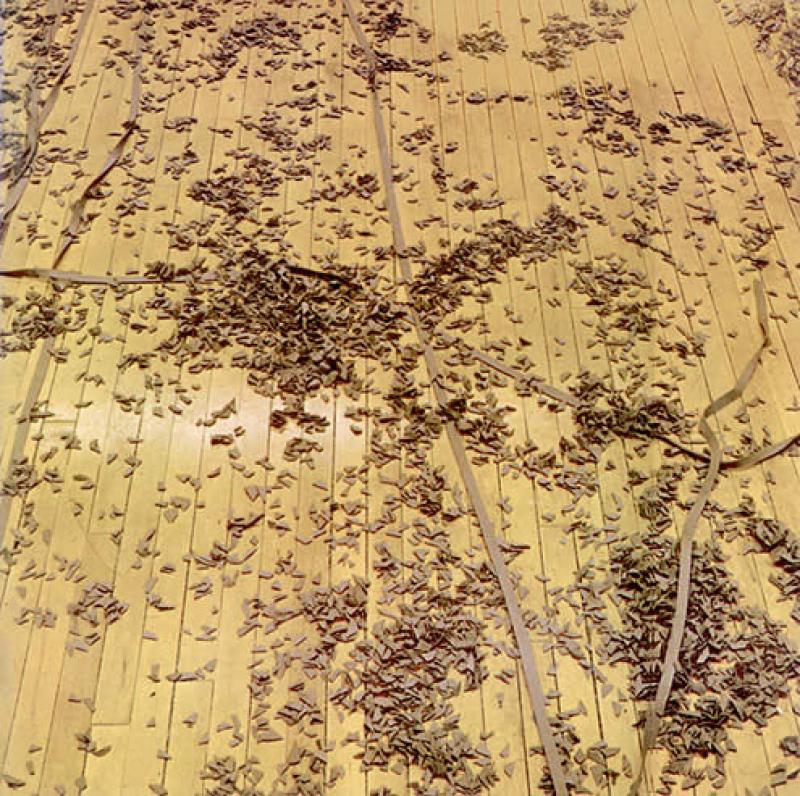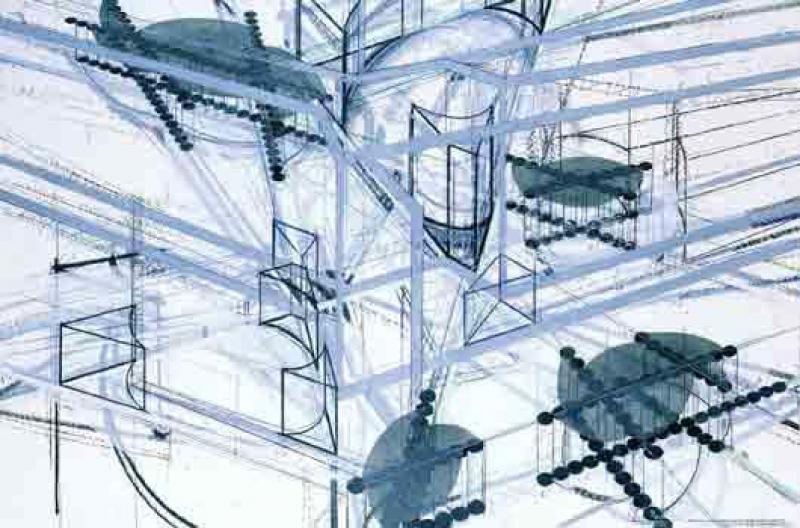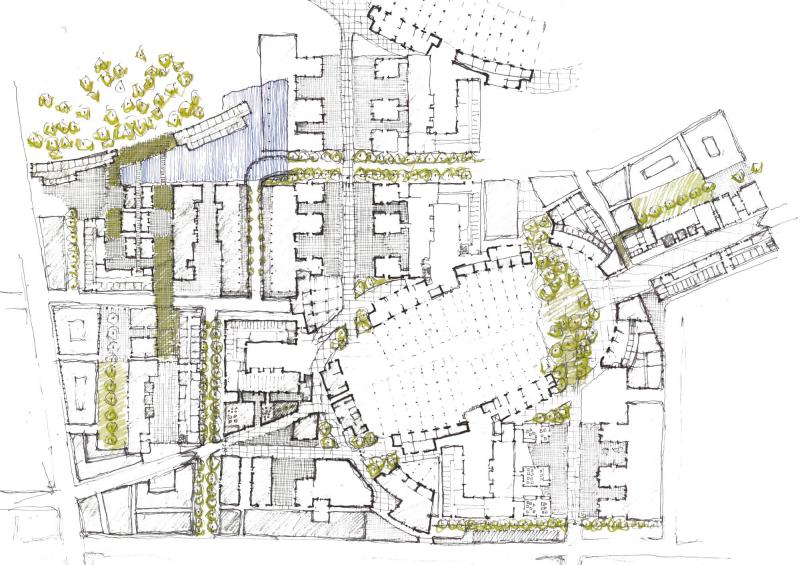The Housing and Urbanism Programme applies architecture to the challenges of contemporary urban strategies. Today’s metropolitan regions show tremendous diversity and complexity, with significant global shifts in the patterns of urban growth and decline. The programme investigates how architectural intelligence advises us to understand and respond to the changing urban condition. Housing is explored both as a major critical aspect of urbanism and as a means to reflect upon changing ideas of living space and domesticity, identity and public space.
Offering a 12-month MA and a 16-month MArch, the programme engages with cross-disciplinary research as well as applicable design work. It combines design workshops, lectures and seminars, and a final MA thesis or MArch project, which consists of detailed individual work. The programme explores the interplay between graphic tools and writing in order to develop ideas and research about the urban condition and to develop skills for intervening as urbanists through spatial design.
There are three current research themes of H&U work: the role of urbanism in enhancing ‘innovation environments’ and ‘knowledge-based’ clusters; the idea of living space and housing, along with issues of mix, density and urban intensification in which architecture is viewed dynamically in relation to a process of urbanisation; and the exploration of an appropriate urbanism that address irregularity and informality allowing engagement with the interaction of spatial strategies and urban social policies.
This year’s design workshops have taken place in the Fitzrovia area of central London; in the Lea Valley in east London; and in Taiwan – collaborating with the National Cheng-Kung University. These design workshops have addressed the processes of urban development related to knowledge-based economies, and the potential for synergies between existing and new urban cultures. The programme’s work was complemented by a study visit to the Netherlands.
As with previous years, the work of the H&U programme forms the foundation for international collaborations and publications.
MArch theses - Knowledge neighbourhoods
This work speculates on the reorganization and growth of Cambridge by considering
the plan as an instrument for an integrated and complex development of a new urban area in relation to the regional system. In identifying the knowledge neighbourhood as a concept, within a general problem of regionalization and nodalization, and recognizing the challenge of the plan, we have identified three subsequent investigations that bring together the key elements of the plan. These three investigations are focused on research and manufacturing buildings and their clustering, housing, and transport orientated development.
